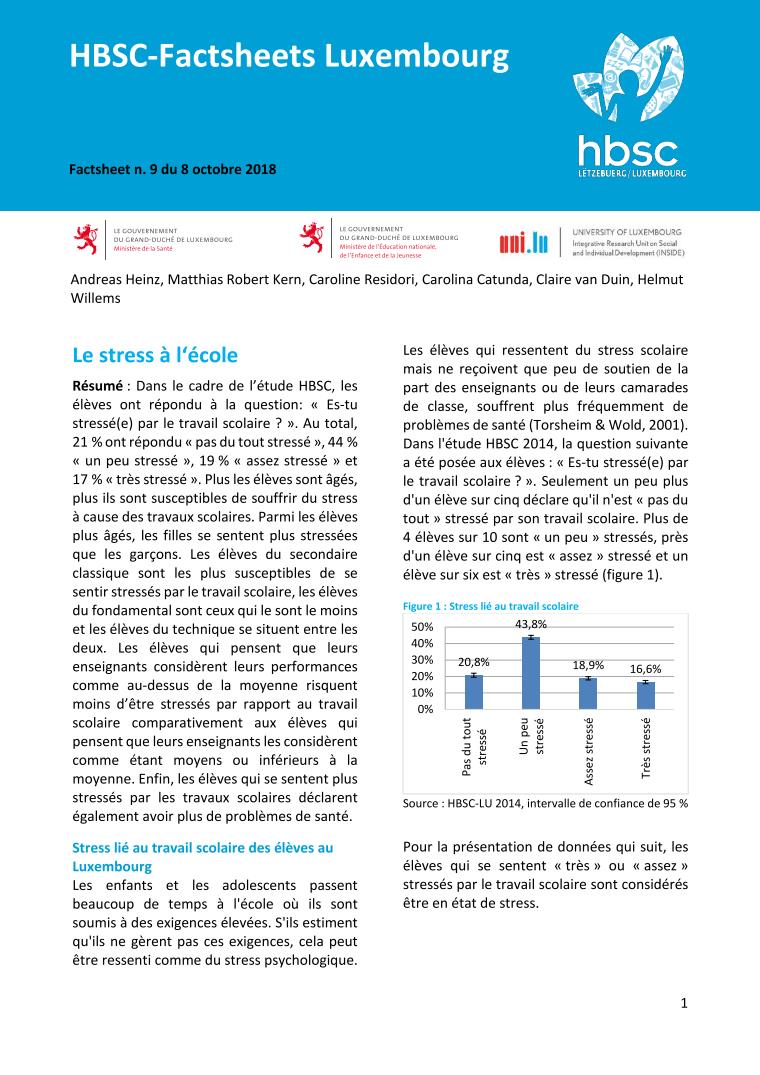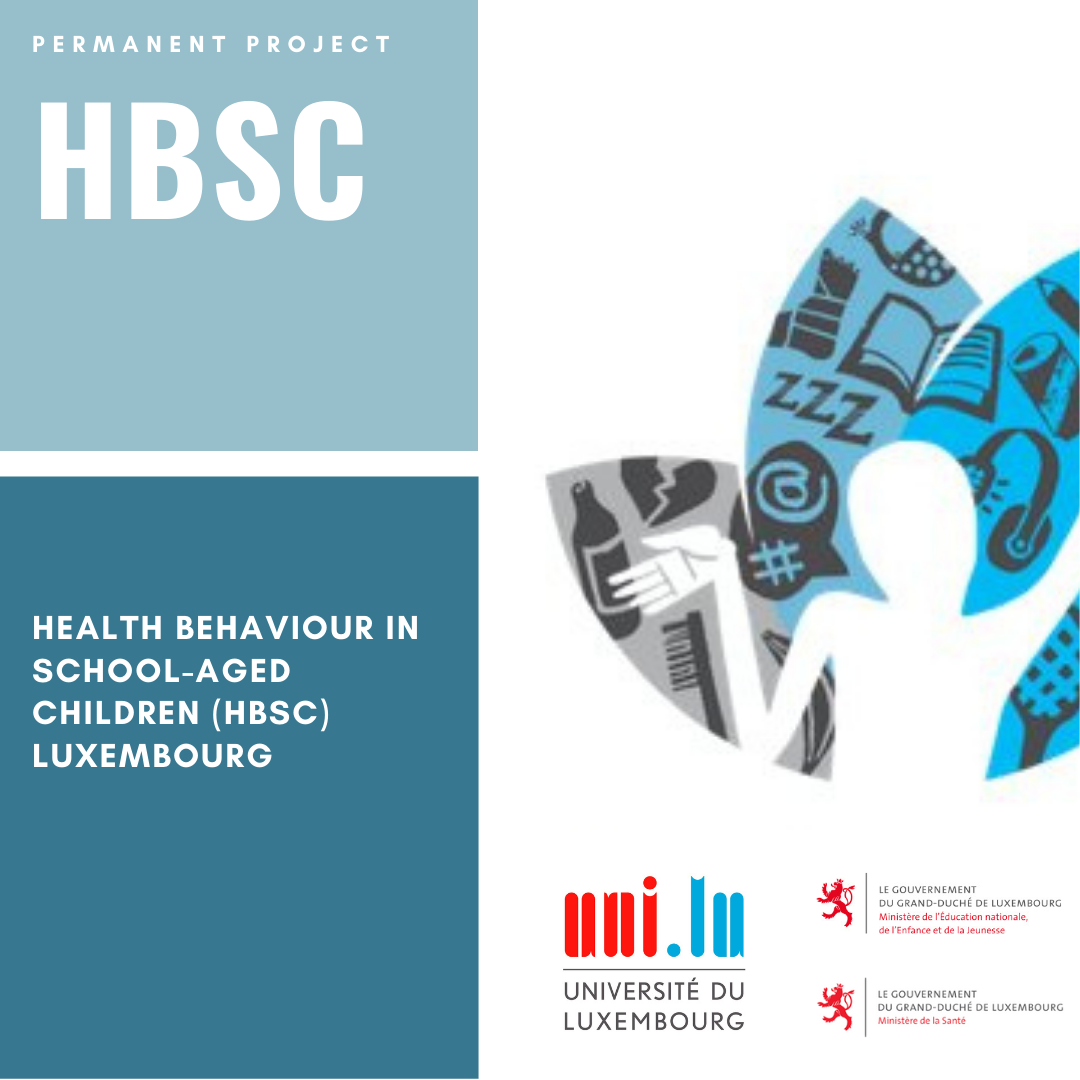“Many view school climate as beliefs, values, and attitudes that shape interactions among students and with teachers, and is influenced by educational and social values (Emmons et al. 1996; Koth et al. 2008; Kuperminc et al. 1997). School climate is a broad construct (…). It is a product of social interactions among students and teachers, is influenced by educational and social values, and has been shown to be related to social situations within classrooms and to the school as a whole. These interactions and experiences impact students’ academic success and psychological well-being. Students’ perceptions of various dimensions of school climate have been related to academic achievement and performance (Battistich et al. 1995; Brand et al. 2003; Griffith 1999; Jia et al. 2009; Roeser and Eccles 1998), student behavior problems (Gottfredson et al. 2005; Koth et al. 2008; Kuperminc et al. 1997; Loukas and Murphy 2007; Loukas and Robinson 2004), adjustment problems (Kuperminc et al. 2001), and psychological indicators such as depressive symptoms and self-esteem (Jia et al. 2009; Loukas and Murphy 2007; Loukas and Robinson 2004; Roeser and Eccles 1998; Way et al. 2007).”
Reference: Koth, C. W. (2018). School climate. In R. J. R. Levesque, Encyclopedia of adolescence (2nd ed.). Springer Science+Business Media.
See also
well-being
early school leaving
participation in schools












